The Most Natural Ways To Protect Your Skin While Swimming
Chlorine itch is the term used for the sensitive itchy skin you sometimes develop after swimming in a chlorinated pool or hot tub. The itch may be caused by a sensitivity or allergy to chlorine, etc, or just plain over exposure to chlorine. There are easy ways to reduce the effects of pool water chemicals (including chlorine) on your skin.
What Is Chlorine Used for?
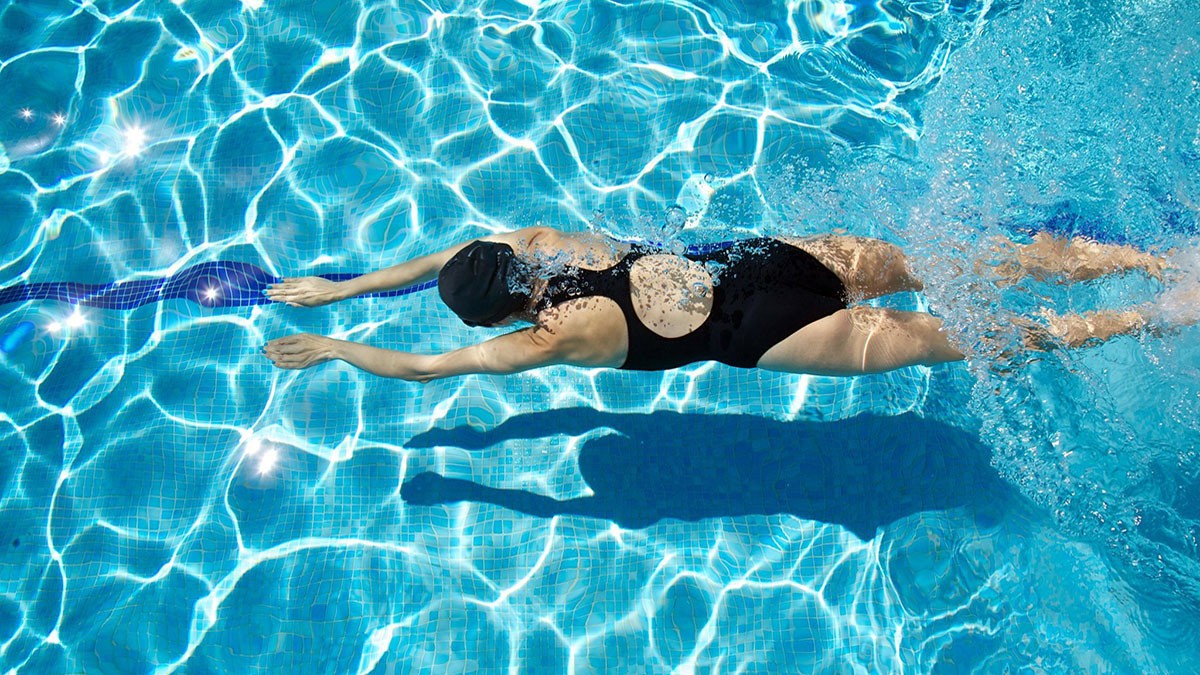 |
| Photo: Swimming.org |
Chlorine shows up in our lives in a lot of ways. It’s not only in swimming pools to disinfect the water, but it’s also used to sterilize drinking water and in the manufacturing of products like paper, textiles, paints and plastic, medicines, and more.
The Effects of Chroline on Your Skin
An important thing to note is that chlorine can have some negative effects on your skin. Here are the most common skin problems caused by too much chlorine exposure.
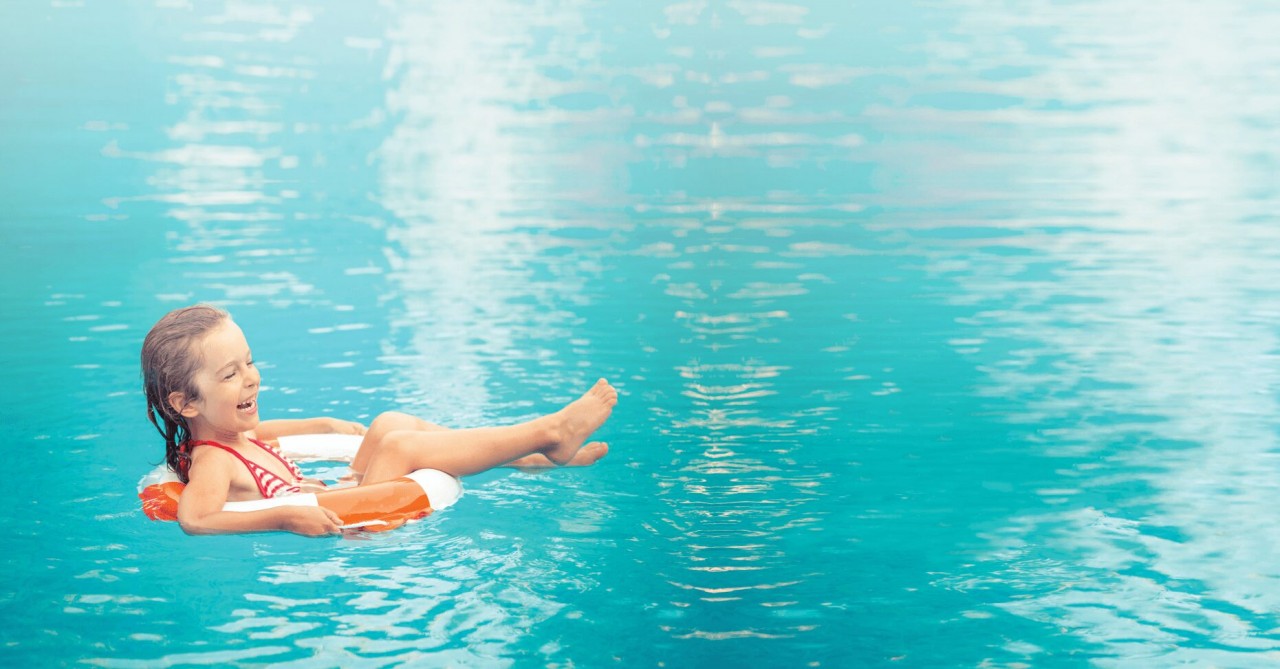 |
| Photo: Shutterstock |
Dry Skin Because chlorine is a natural irritant, it opens up pores and strips the skin of its natural oils that keep it moisturized and healthy. Too much exposure to chlorine dries out the skin and causes irritation and itchiness. Continuous exposure to chlorine over several years can result in premature aging and can affect the skin’s health tremendously.
Rashes It is common to get rashes when exposed to chlorine for long periods of time. People can get patches of red and inflamed skin which run the risk of becoming blisters if continuously exposed to more chlorine.
Burns It is also common to get chlorine burns, caused by too much chlorine in the water than necessary. This exposure to a high concentration of the chemical can lead to blisters and painful burns.
How to reduce the effect of chlorine on your skin
1. Shower After Swimming
When your children leave the pool, they take some of the chlorine along with them. After every swim, have them shower thoroughly to remove all of the chemical from their skin. The longer chlorine is on the skin, the more it will irritate it. Thorough cleaning will ensure you limit the skin’s exposure to chlorine and thus, limit its negative effects on the skin.
Both hair and skin are less likely to absorb water from the pool once they’re already wet. Make sure you’re good and soaked right before you go in to increase resistance.
2. Consult a Pediatric Dermatologist
If your children experience itchiness, dry skin, burns, rashes, or blisters, see a dermatologist immediately. Skin issues should be addressed promptly to reduce damage and keep your child healthy. If you notice any skin abnormalities of any kind, see a pediatric dermatologist immediately.
3. Use Moisturizer
 |
| Photo: Getty Images |
After swimming, make sure your kids use moisturizer to replace some of the moisture lost because the chlorine. This will help fight the skin drying effects of the chemicals.
Keep your skin strong and healthy - from the inside - by drinking plenty of water every day. It's another important way to ensure skin stays correctly hydrated. Water helps replace moisture lost through contact with chlorine, salt and algae.
Dermatologists say it also flushes out any toxic stuff like chlorine or bacteria from your system and benefits the whole body. So the best ways of keeping your skin moisturised are to wash off anything that'll dry it up or cause infection, use body lotion or baby oil every day and drink plenty of water.
And if you do get a bit of a rash go and see the doc - because today's little rash could be tomorrow's big, red, itchy rash!
4. Wear a Swim Cap to Prevent Hair From Chlorine
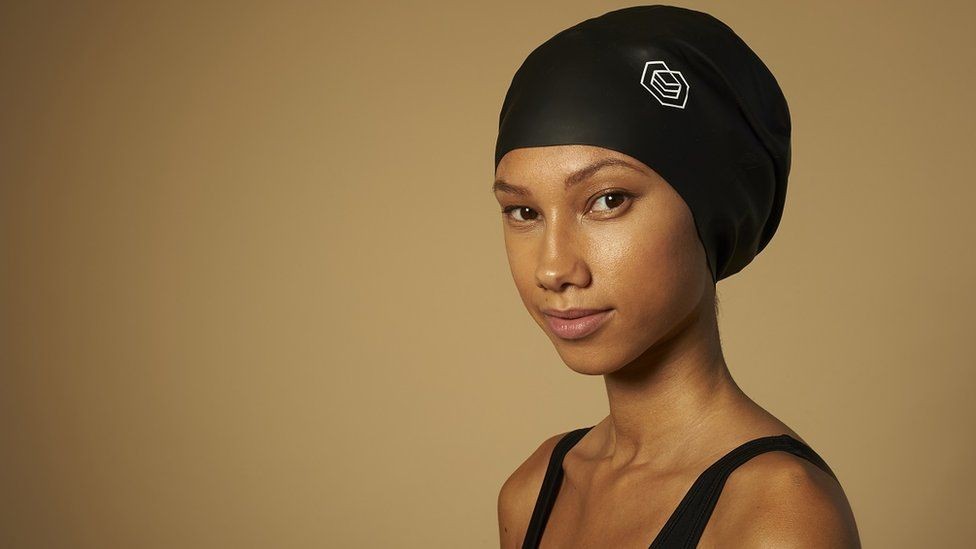 |
| Photo: Getty Images |
This is the best way to protect your hair, especially if it’s chemically treated. After you’ve showered and applied a conditioner or hair oil, put your cap on. Of course, you can wear a cap without washing your hair if you feel you have a quality one that will prevent all exposure, but for maximum chlorine resistance, it’s best to wash and condition first.
Pin your hair back. If you don’t want to wear a cap, at least pin your hair back to limit exposure.
5. Apply Hair Oil or Conditioner to Protect Hair From Chlorine
Hair experts recommend that you apply either a deep conditioner or natural oil like coconut oil, to the hair before going into the pool. It creates a layer between your hair and the chlorine and other chemicals in the pool and helps nourish the hair follicles as well. If you use oil, however, be sure to wear a cap, or that you’re swimming in an indoor pool—otherwise the oil will attract sun damage if you’re outside.
6. Put on waterproof sunscreen for sun protection
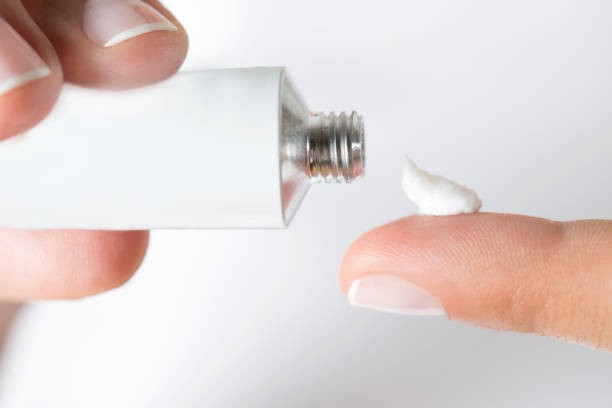 |
| Photo: iStock |
Protect your skin from the sun by applying sunscreen that is waterproof after you have applied moisturizer at least 15 minutes before you go outside. Use sunscreen with an SPF of 30 or higher that is labeled "broad-spectrum" if you are swimming outside in direct sunlight. It is also a good idea if you are swimming in the ocean to protect your skin from the sun.
Always reapply sunscreen every time you get out of the water to ensure your skin is protected from the sun and at least every two hours. Apply generously, use about enough to fill a shot glass.
7. Do not stay in the water too long
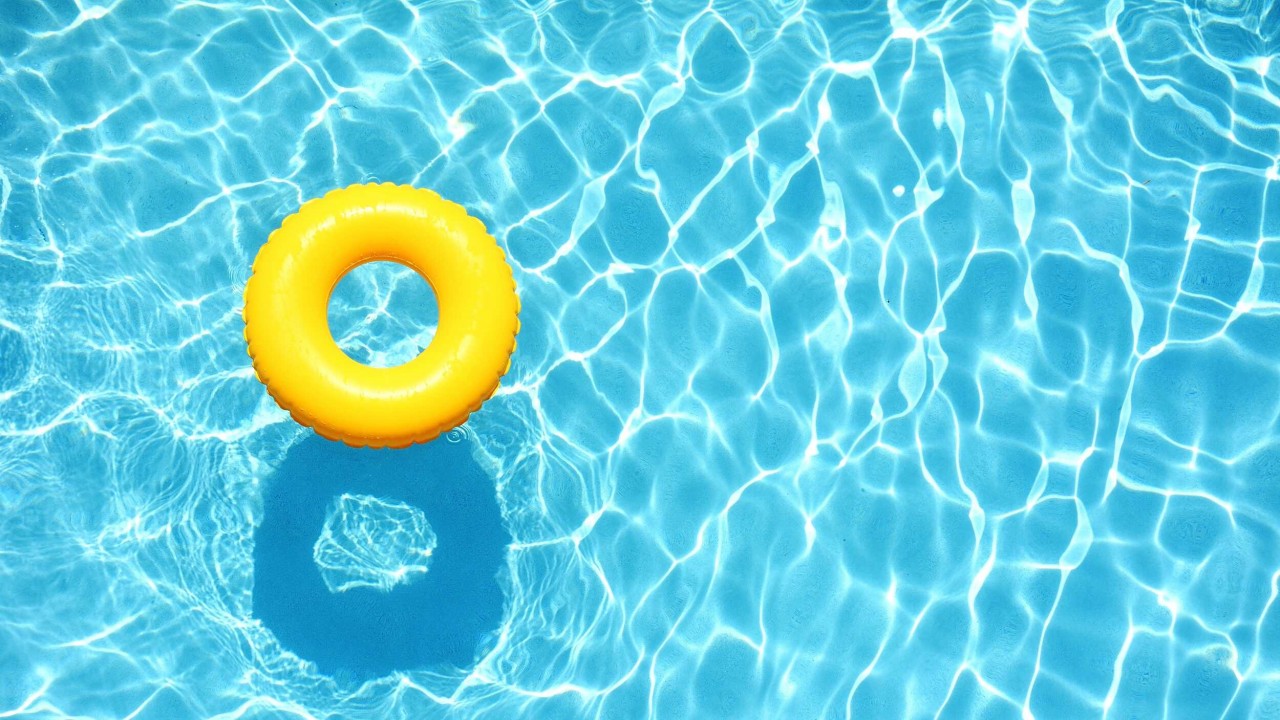 |
| Photo: Shutterstock |
The longer you spend in the water, the more damage you are doing to your skin. Over time, your skin will start to prune and feel dry due to the chemicals in the pool. Take breaks out of the water and try not to stay in the water for longer than two to three hours at a time.
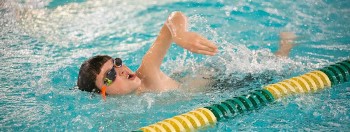 | Simple Guide On How To Learn To Swim The Safest Ways Swimming is one of the most important skills for survival and also helps with fitness and health. Here is how you learn how to swim ... |
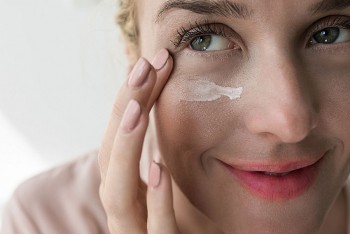 | The Best Tips For A Low-Budget Skincare Skincare does not have to be expensive, since there are many ways to keep your skin healthy with natural remedies and methods. |
 | Helpful Tips To Stay Healthy During A Trip Travelling is fun and enjoyable, but it can also be stressful at times and can mess up your daily habits. But it is not impossible ... |
Recommended
 Handbook
Handbook
Vietnam Moves Up 8 Places In World Happiness Index
 Handbook
Handbook
Travelling Vietnam Through French Artist's Children Book
 Multimedia
Multimedia
Vietnamese Turmeric Fish among Best Asian Dishes: TasteAtlas
 Handbook
Handbook
From Lost to Found: German Tourist Thanks Vietnamese Police for Returning His Bag
Popular article
 Handbook
Handbook
Prediction and Resolution for the Disasters of Humanity
 Handbook
Handbook
16 French Films To Be Shown For Free During Tet Holiday In Vietnam
 Handbook
Handbook
Unique Cultural and Religious Activities to Welcome Year of the Snake
 Handbook
Handbook







